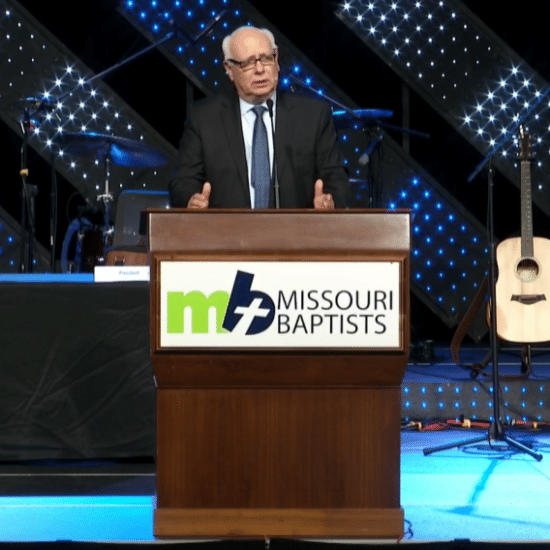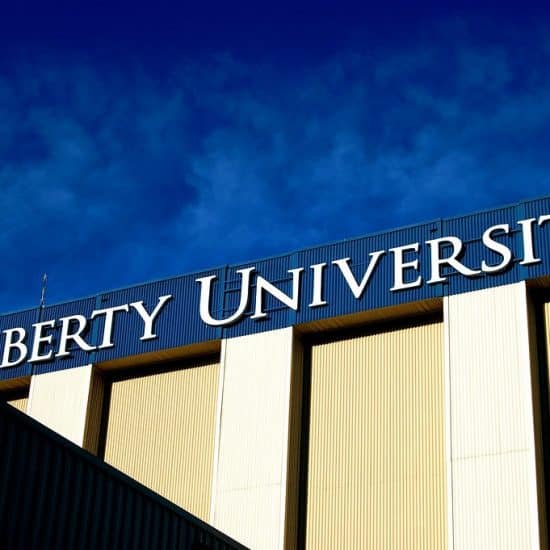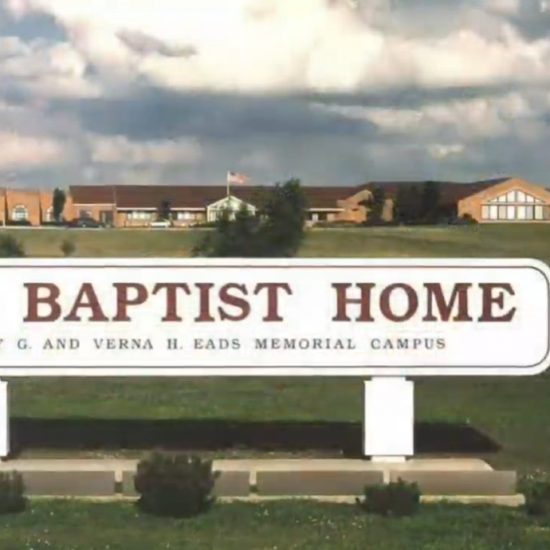The Baptist Home and Missouri Baptist University submitted legal responses on Jan. 31 to urge a judge to dismiss motions for summary judgment filed by the Missouri Baptist Convention on Dec. 2. The MBC requested the Court rule in its favor without a trial, claiming its 2016 victory in the case against the Missouri Baptist Foundation should serve as precedent in the cases against the Home and MBU. However, the institutions rebut the MBC’s claim that their cases are “nearly identical” to that of the Foundation’s case.
 The MBC originally filed suit in August 2002 against the Foundation, the Home, MBU, Windermere Baptist Conference Center and Word&Way. The boards of all five had taken action in 2000 or 2001 to self-elect their trustees rather than accept those elected by messengers to the MBC annual meeting each year. The circuit court ruled in favor of Windermere in 2008, a decision the appeals court upheld in 2009. The MBC voluntarily withdrew its claims against Word&Way a year later.
The MBC originally filed suit in August 2002 against the Foundation, the Home, MBU, Windermere Baptist Conference Center and Word&Way. The boards of all five had taken action in 2000 or 2001 to self-elect their trustees rather than accept those elected by messengers to the MBC annual meeting each year. The circuit court ruled in favor of Windermere in 2008, a decision the appeals court upheld in 2009. The MBC voluntarily withdrew its claims against Word&Way a year later.
A new judge, Karl DeMarce, was assigned to the case on Jan. 30, the day before the filings by the Home and MBC. Since the cases differ from each other, so do many of the arguments made by the two institutions.
The Baptist Home Arguments
The Home argues there are important differences between the Foundation case and their own, especially since they were different types of corporations under Missouri statutes. The Home notes that prior to the charter changes in 2000 and 2001, TBH was the same type of entity as Windermere, but not the Foundation. The different corporation statutes include different rules governing the process for charter changes. The Home thus cites Windermere’s victory as one of the cases that should serve as a precedent.
The Home also argues the “plaintiffs are not entitled to Summary Judgment, as a matter of law, as they lack standing” since “they were not members of the corporation.” The filing explains that TBH’s 1960 Articles of Amendment declared “the corporation’s trustees were the sole members of the corporation.”
“The principle stated in Windermere likewise controls here,” the filing notes with another reference to the MBC’s loss in the case against Windermere. “The 1960 Articles identified the corporation’s trustees as the ‘sole members’ of the corporation without further qualification. Accordingly, Plaintiffs lack the status of a member of the Home under the corporate articles upon which they rely.”
The Home also notes the MBC does “not and cannot allege that they own, or have ever owned, any property associated with” the Home. The Home’s final argument notes that the provision requiring MBC approval of charter changes was not actually allowed under state law in 1960, making it “an invalid and unenforceable provision.” The Home adds that the provision remains “void ab initio” (null from the beginning) and the Home took no action to enact the privilege after state law allowed such provisions in 1995.
Missouri Baptist University Arguments
MBU argues its trustees in 2001 “owed a fiduciary duty to the University” and thus acted appropriately when “faced with the MBC’s actions in disobeying the governing rules and years of past practice in the trustee nomination process.” MBU explains the MBC’s nominating committee “breached the MBC’s Nominating Rules and Bylaws” and the MBC’s “own Constitution, Bylaws and other governing documents” with the creation of new guidelines in 2001. MBU therefore contends the MBC’s actions “constituted a breach of fiduciary duty,” showed a “lack of good faith and fair dealings” and made the MBC “the first to breach any agreement with the University.”
“The MBC’s arguments are not only legally incorrect, but also very dangerous to nonprofit charities who may have similar charter provision setting forth a third party to approve any charter amendment,” MBU’s filing adds.
MBU also emphasizes that trustees in 2001 held concerns that “the MBC’s actions in usurping the trustee nomination process could also put at risk the accreditation of the University, which would be catastrophic to the University.” MBU claims this risk can be seen in a later effort by the MBC to “intervene in the educational programs of another MBC educational agency, William Jewel College.” After launching an investigation into Jewell, the MBC defunded the school in 2003.
Like the Home, MBU notes it was governed by a different Missouri corporation statute than the Foundation was prior to the charter changes. MBU is the same type of entity as the Home and Windermere. MBU also argues the MBC cannot win a motion for summary judgment since it failed to negate several affirmative defenses previously made by MBU.
On Feb. 14, the MBC filed for an extension of time to respond to the arguments made by the Home and MBU.






